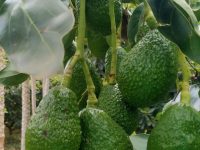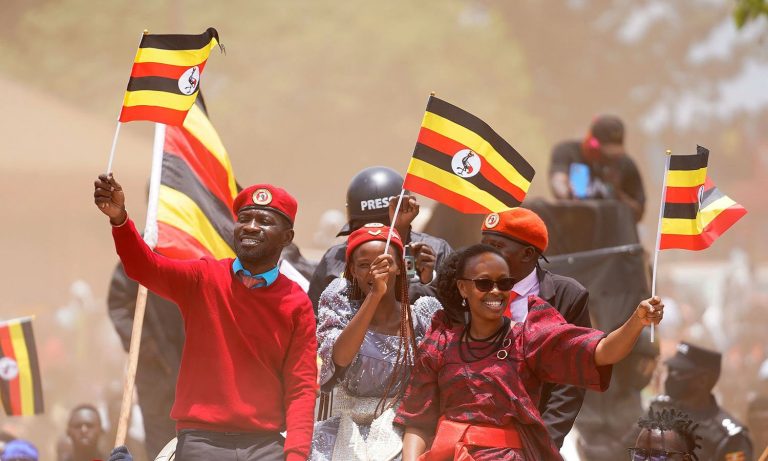Uganda’s Political Crossroads
As Uganda heads toward the 2026 general election, the question dominating political discussions is whether the opposition can stage a credible comeback against President Yoweri Museveni’s National Resistance Movement (NRM). Having ruled since 1986, Museveni has maintained an iron grip on power through strategic political alliances, control of state institutions, and constitutional amendments that removed age and term limits. Yet, despite this dominance, the opposition remains resilient, banking on Uganda’s youthful population, rising frustration over unemployment, and growing calls for democratic renewal.
The upcoming election represents more than a contest of political power—it is a test of Uganda’s democratic fabric, civil liberties, and institutional independence. The opposition, battered by years of repression, arrests, and legal obstacles, faces the challenge of reorganizing, unifying, and presenting a vision strong enough to capture the nation’s mood for change.
Key Players Defining the Opposition
At the forefront of Uganda’s opposition is Robert Kyagulanyi Ssentamu, better known as Bobi Wine, leader of the National Unity Platform (NUP). His influence extends beyond politics into the cultural and social consciousness of Uganda’s youth, who see in him a symbol of defiance and renewal. Despite intimidation, arrests, and heavy restrictions on rallies, Bobi Wine continues to galvanize large crowds and dominate online political discourse. His message of freedom, equality, and generational leadership continues to resonate deeply among urban voters.
Alongside him stands Joel Ssenyonyi, the Leader of the Opposition in Parliament, who has helped transform the NUP’s parliamentary agenda into a structured political force. He represents a younger, disciplined generation of politicians advocating reform through institutional engagement rather than street protests alone.
Veteran opposition figure Dr. Kizza Besigye, founder of the Forum for Democratic Change (FDC), remains a major moral and strategic influence. Though less active electorally, his decades of resistance against Museveni’s rule have shaped Uganda’s political consciousness. The FDC, once Uganda’s largest opposition party, now faces internal rifts and declining influence but continues to play a vital role in mobilizing grassroots support and monitoring state accountability.
Emerging coalitions are also forming around regional and independent leaders who aim to bridge the divisions between the NUP, FDC, and smaller opposition groups. For the opposition to make meaningful gains, unity will be essential. Fragmentation in previous elections handed the ruling NRM an easy victory.
Legal and Institutional Obstacles
The legal environment for Uganda’s opposition remains one of the toughest in East Africa. Laws governing public gatherings, media broadcasting, and political expression often work to limit opposition activity. Opposition rallies frequently require police clearance, which is rarely granted, and security forces regularly disperse political meetings under the pretext of maintaining order.
Court cases against opposition leaders have become a recurring theme in Uganda’s political landscape. Many activists have been detained without trial or charged under laws such as the Public Order Management Act. In past election cycles, opposition leaders like Bobi Wine and Besigye were arrested multiple times, often on charges of incitement or unlawful assembly. These recurring legal battles serve both to intimidate opposition figures and disrupt their campaign momentum.
Uganda’s Electoral Commission, though constitutionally independent, has also faced criticism over bias and credibility. Opposition parties have called for comprehensive electoral reforms, including transparent voter registers, equal access to state media, and independent oversight of the voting process. Without such reforms, concerns over fairness will likely persist into 2026.
The Youth Factor and Digital Mobilization
Uganda’s youth—comprising nearly 80% of the population—remain the biggest wild card in the 2026 election. Many young voters feel alienated from traditional politics but are increasingly turning to digital platforms for information and activism. Bobi Wine’s digital outreach, which combines political messaging with music and cultural influence, has proven highly effective in previous campaigns.
The opposition’s ability to capitalize on this demographic advantage could redefine Uganda’s political future. Mobilizing youth voters, however, requires more than slogans; it demands policy proposals addressing job creation, education, and corruption. Opposition movements are now developing digital strategies to counter state-controlled narratives and connect directly with voters, especially in urban areas where internet access is growing rapidly.
Building Alliances and Unity
A united opposition could pose the strongest challenge to Museveni’s dominance since 2001. However, building trust among Uganda’s fragmented opposition factions remains difficult. The NUP’s meteoric rise has overshadowed older parties, leading to competition for funding, attention, and legitimacy. For the opposition to bounce back effectively, it must prioritize common goals over personal rivalries.
Discussions about forming a joint presidential front have surfaced several times, though with little tangible progress. A coordinated opposition strategy could reduce vote-splitting, present a unified reform agenda, and improve monitoring of election results. Civil society organizations, religious leaders, and regional influencers could play a vital role in mediating these alliances.
The Road to 2026
Between now and the 2026 elections, several critical factors will shape Uganda’s political trajectory. The first is whether opposition leaders can maintain momentum amid continued repression. The second is whether citizens retain faith in the electoral process, given past irregularities. And finally, whether the international community will press for free and fair elections, or remain passive in the face of democratic decline.
The pre-election period will likely witness increased surveillance, regulation of digital spaces, and restrictions on political gatherings. Yet, public demand for change is growing stronger, and social movements are increasingly vocal in calling for accountability. If the opposition can stay organized, resilient, and united, it may yet transform Uganda’s political landscape.
Possible Scenarios
- Reform and Resurgence: The opposition unites under one candidate, channels youth enthusiasm, and mobilizes voters nationwide. Even if it doesn’t secure the presidency, it forces political concessions and reforms that reshape Uganda’s democracy.
- Controlled Continuity: Museveni wins another term amid predictable state dominance, while opposition movements remain active but constrained. Calls for reform persist, but institutional change remains limited.
- Escalation and Unrest: A disputed election outcome triggers civil unrest, arrests, and increased international scrutiny, deepening Uganda’s political divide.



















